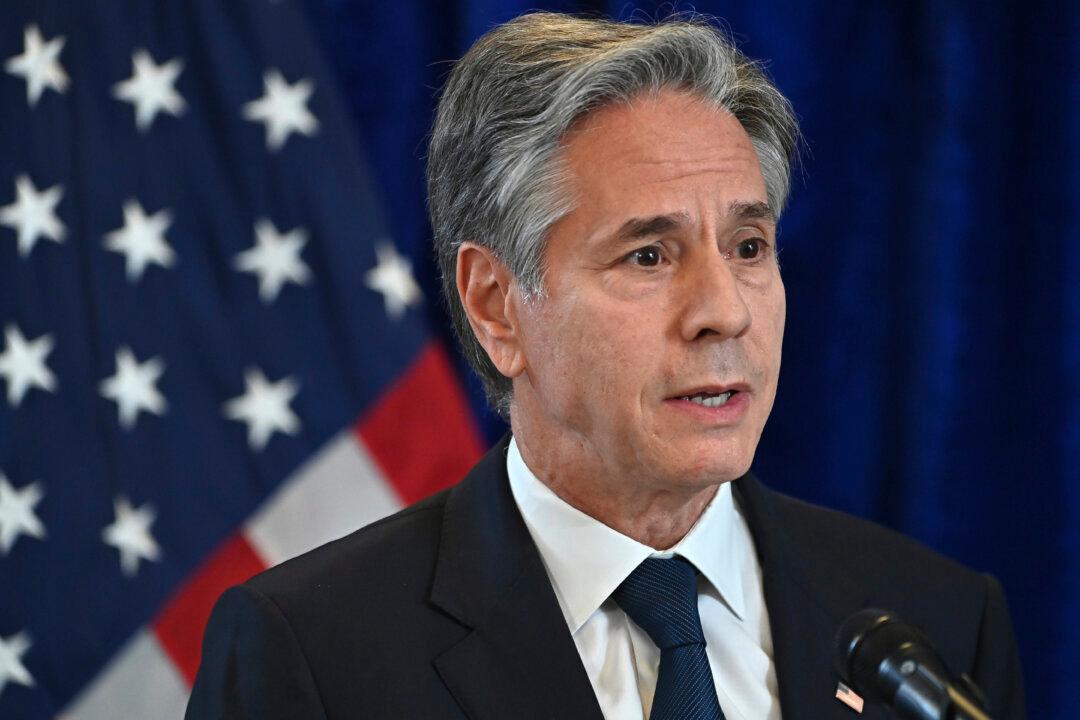The United States is concerned about China’s “increasingly dangerous and unlawful actions” in the South and East China seas, Secretary of State Antony Blinken told leaders from the region on Oct. 10.
Speaking in Laos to leaders of the Association of Southeast Asian Nations (ASEAN), Blinken also warned Beijing to not use Taiwanese President Lai Ching-te’s national day speech on Oct. 10 as a “pretext for provocative actions.”





